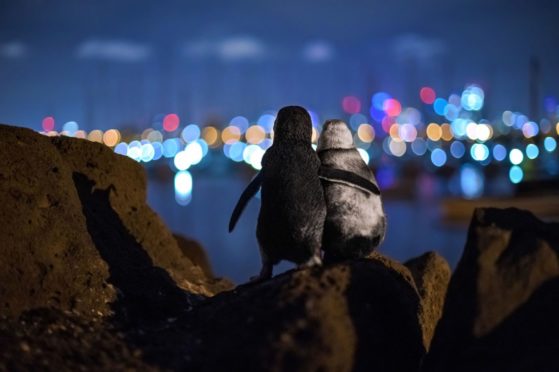
Scientists from the British Antarctic Survey (BAS) have been monitoring a giant iceberg currently drifting in the South Atlantic, which could pose a danger to penguin and seal colonies.
The iceberg, known as A68a, broke off from Antarctica in 2017 and has been floating off the island of South George for the past few weeks. But experts fear if it runs aground it will block vital foraging routes for penguins and seals, which are now in their breeding season.
Dr M Jackson, a glaciologist who is an explorer with the National Geographic Society, said: “Seals and penguins commute back and forth into the ocean to source and return with food to feed their young. The iceberg might disrupt this, and seals and penguins might not be able to source and deliver food to their land-based pups and chicks, potentially triggering widespread starvation.”
However, Douglas R MacAyeal, a professor of geophysical sciences at Chicago University, compared A68a with another large iceberg, B-15A.
In the 2000s, B-15A struck parts of Ross Island in the Ross Sea disturbing the island’s penguin colonies. He said: “If A68a were to encounter the island itself or the shoals around it, it would be spectacular for a few days but would not lead to an ecosystem catastrophe.”

Enjoy the convenience of having The Sunday Post delivered as a digital ePaper straight to your smartphone, tablet or computer.
Subscribe for only £5.49 a month and enjoy all the benefits of the printed paper as a digital replica.
Subscribe